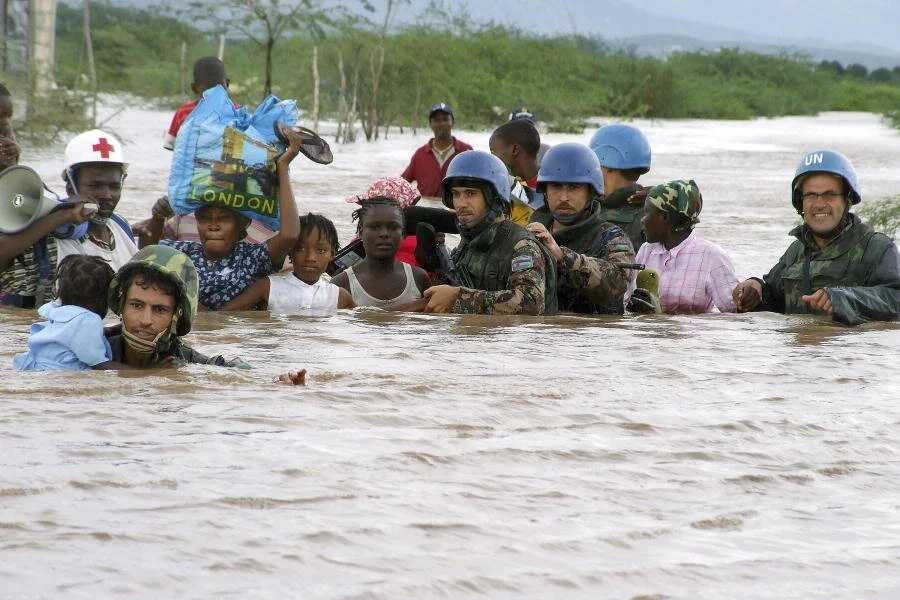I hate being late. My palms sweat and my heart races, even when there isn’t a train to miss. What do you do about lateness?
Putting a face-to-face climate research event online
How can we make our online events more beautiful?
When we set up 'real' rooms for participants, we use flowers, music, posters, objects, room layout and pay attention to countless little details, to create a beautiful, welcoming space which says "you matter" to participants. How can we do this online? Twenty facilitators, trainers, coaches and others joined a workshop to share ideas.
She is Still (virtually) Sustainable - moving an event online
Bringing the analogue to digital meetings
Covid-19 and your meetings
Carousel technique - one for your toolbox
Carousel is a great technique when you would like a group's discussions to benefit from the time-efficiency and increased air-time of small group 'parallel processing' while also having the opportunity to build on each others' ideas. It has a few more moving parts than some techniques, so here's some detailed guidance…
In-house facilitation training - what to think about
When clients come to me for in-house facilitation training, it’s such a great opportunity to create something which really supercharges people’s ability to have effective conversations about tricky things. There's some digging to do to unearth the treasure: what do you need to ask, to fit the training to what people most need to learn?
Holding the space for climate conversations
How do you feel about the climate emergency? How do you feel about your personal contribution to emissions of greenhouse gases? What do you see in your future?
And if you’re a facilitator, or have some other role in helping other people have conversations about the climate, what do you do when strong emotions show up?
101 uses for a paperclip
We needed a quick creative exercise which would inject some light-hearted improvisational spirit into a large group who didn’t know each other very well yet. We had a few minutes before asking them to work in table groups to generate a long-list of ideas for solving a complex environmental and health problem. We wanted to give them some practice of letting go of the need to find quality and embrace quantity!
We didn’t have a lot of equipment or space, so we made up "101 uses for a paperclip".
Reflections from the IAF Conference in Birmingham, 18th and 19th October 2019
There were around 100 facilitators in one room in Birmingham earlier this month – from all parts of Great Britain, also Ireland, Belgium, Netherlands, Italy, Spain, Portugal, Canada… What is the collective noun for facilitators?
All that and more in this round up of personal reflections on the IAF England & Wales Conference.
A postcard to my future self
Ten top tips for working with multi-language groups
What is a Citizens' Assembly?
Citizens’ Assemblies are having a bit of a moment in the UK, with Extinction Rebellion calling for them, and national governments, parliaments and local authorities commissioning them on subjects including the future of social care, air quality, transport and climate change. But what exactly is a Citizens’ Assembly?
Testing the water for collaboration
The most important sustainability challenges can only be solved by system change. And system change happens when people work together – collaborate - to change the system.
Collaboration is successful when the collaborators share some compelling aims. It’s not enough for everyone to nod along from the side-lines – they need to be rolling their sleeves up and getting stuck in to the game. How do you help potential collaborators find their shared aims?
5 Useful Tips to Work with Interpreters (and Translators) in a Multilingual Event
In this day and age, with the advent of globalisation, events attended by international audiences are commonplace. In such situations, organisers may need to hire professionals who will provide translation services. Guest post from Deborah Chobanian advises us on how to get the best from interpreters at an event.
Guiding a group through the adventure forest
One of the most helpful things a facilitator does, is to transform how groups feel about the messy, sticky, unfocused middle of meetings. Facilitators often call this the ‘groan zone’. The phase of a meeting when conversations go a bit random, and it feels as if no progress is being made.
But what if we reframe the groan zone: if we help groups explore and appreciate the wonders of the ‘adventure forest’?
Creating a 'Thinking Environment'
Nancy Kline’s Time to Think was one of the first books I read about coaching, and it has had a profound effect on my work with groups and in one-to-one settings. Kline believes that “everything we do depends for its quality on the thinking we do first. Our thinking depends on the quality of our attention for each other”.
Here’s her guidance on how to create a holistic setting which enables people to do their best thinking.
Silence, respect and slow ritual: some observations on facilitation in Japan
In my short visit to Japan, I was privileged to be able to meet with three groups of facilitators: in Kyoto, Osaka and Tokyo. Huge thanks to everyone who helped make this possible! These were evenings of surprising connections, open-hearted curiosity, tolerance of misunderstanding, and delicious food.
This blog post reflects on some observations and conversations about three (and a half) aspects of culture which may trip up an outsider coming to facilitate in Japan.
A warm welcome in Kansai!
What a warm welcome I have had in Kyoto and Osaka, from facilitators based in this Kansai area of Japan.
When I knew I was going to come to Japan, to visit my daughter who is studying in Tokyo for a year, I wanted to make the most of the trip by meeting facilitation and sustainability professionals and learning more about their work in a very different cultural context.


















